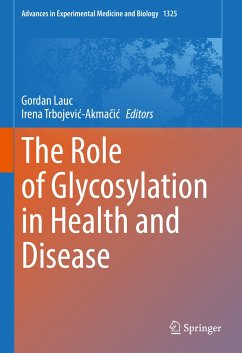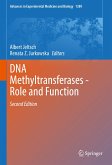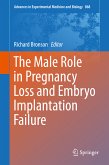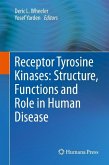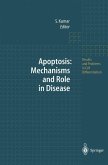Glycobiology is an emerging field of studying glycans (sugars) and glycoconjugates that are essentially involved in almost all biological processes, from fine-tuning glycoprotein function to protein-protein interactions, signaling, immune response, host-pathogen interactions, etc. However, due to structural complexity of glycans and analytical challenges this exciting field was lagging behind other areas of biology. With technological advancements growing number of glycans' functions are being discovered and the study of glycans is becoming a cutting-edge discipline in basic and clinical research.
Despite recent developments in glycobiology field, many aspects of glycosylation process still remain unknown, both in a healthy human organism and in pathological states. Human glycome is dynamic and changes with physiological triggers, immune challenges and disease. Atypical glycosylation is consequently a subject of disease biomarker research, and a target for therapeutic interventions. On the other hand, properties of glycosylated biotherapeutics are predominantly determined by their glycans.
The Role of Glycosylation in Health and Disease provides a comprehensive overview of types and functions of glycans in a healthy human organism as well as their role in pathophysiology of different diseases and efficiency of glycosylated biotherapeutics. Written by the experts in the field, this book aims to bring glycobiology field closer to students, researchers in life sciences and professionals in biopharmaceutical industry.
Dieser Download kann aus rechtlichen Gründen nur mit Rechnungsadresse in A, B, BG, CY, CZ, D, DK, EW, E, FIN, F, GR, HR, H, IRL, I, LT, L, LR, M, NL, PL, P, R, S, SLO, SK ausgeliefert werden.

